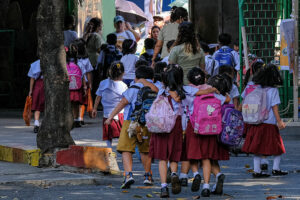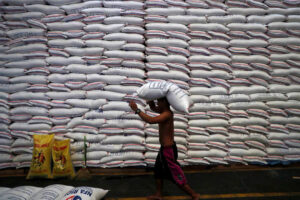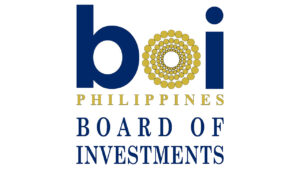PRESIDENT Ferdinand R. Marcos, Jr., created a new inter-agency body to coordinate reforms in the country’s education and workforce development systems, citing persistent gaps in teacher support, policy consistency, and program implementation.
Administrative Order No. 36, signed on Aug. 13, provided that the Education and Workforce Development Group (EWDG) will serve as the government’s primary coordinating body for education and workforce matters.
“It is necessary to establish an effective coordinating mechanism among agencies involved in education and workforce development to address long-standing concerns in the education sector, and foster a complete, adequate, and integrated education system in the country,” the order read.
The order was prompted by findings from the Second Congressional Commission on Education (EDCOM II), which flagged fragmented implementation of education programs, misaligned teacher training initiatives, and inconsistent planning across agencies.
The EWDG is tasked to craft a 10-year National Education and Workforce Development Plan, reviewing existing inter-agency bodies and policies, and assessing the legal framework governing the education sector. It will be required to submit monthly performance reports to the President and the Executive Secretary.
The Order also grants the Group authority to form technical working groups to support its initiatives.
Mr. Marcos will chair the Group, with the Education Secretary as co-chair and the Labor Secretary as vice-chair.
Other members include the heads of the Commission on Higher Education, the Technical Education and Skills Development Authority, the Department of Migrant Workers, and the Department of Economy, Planning, and Development.
The Philippines continues to face a deep learning crisis marked by low student achievement, weak teacher support, and fragmented governance across its education system.
Despite significant spending on reforms, recent international assessments have ranked Filipino learners among the lowest globally in reading, math, and science.
These challenges have resulted in poor learning outcomes, widening inequality in access to quality education, and a workforce unprepared to meet the demands of a rapidly changing economy. — Chloe Mari A. Hufana






